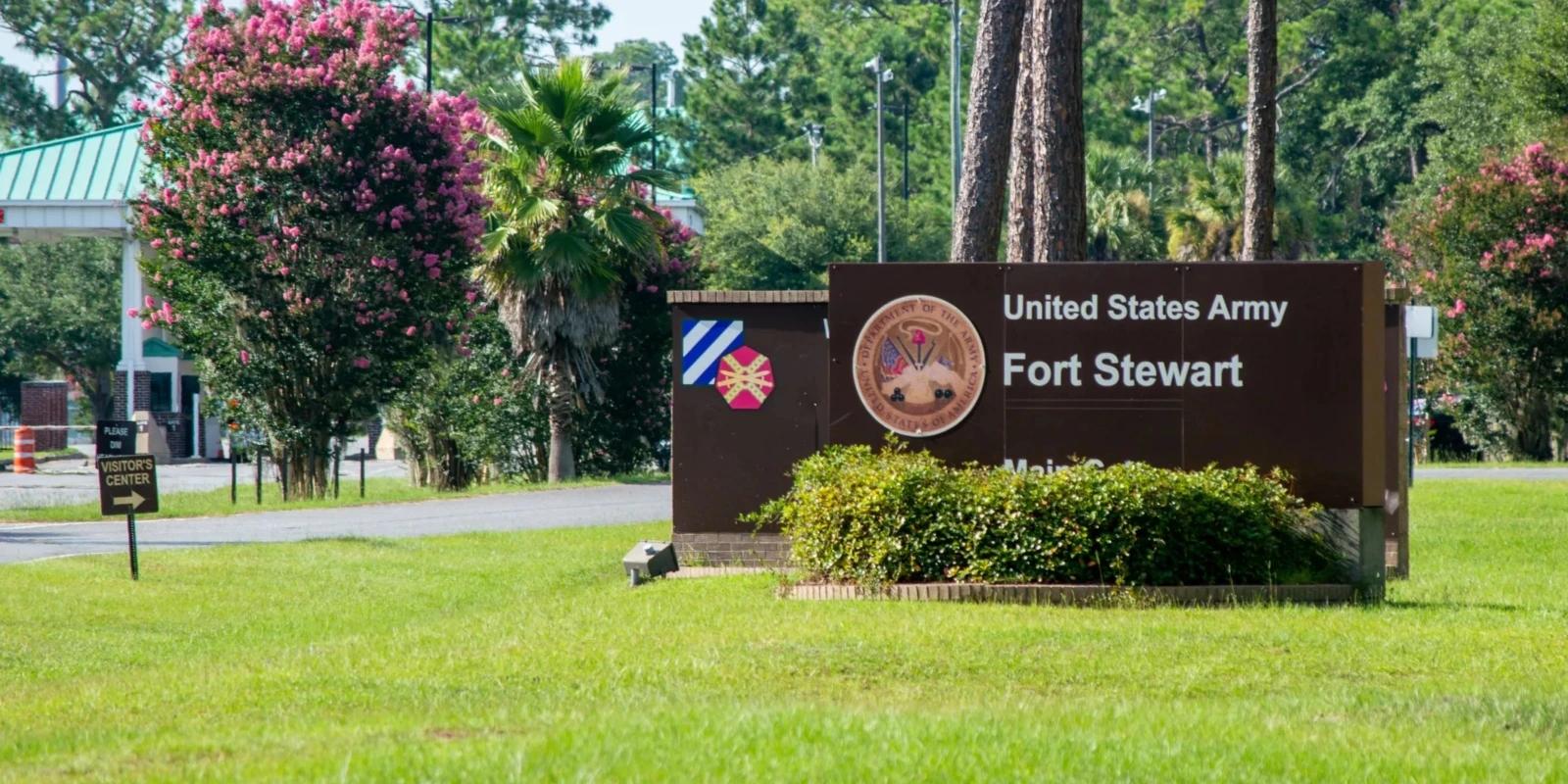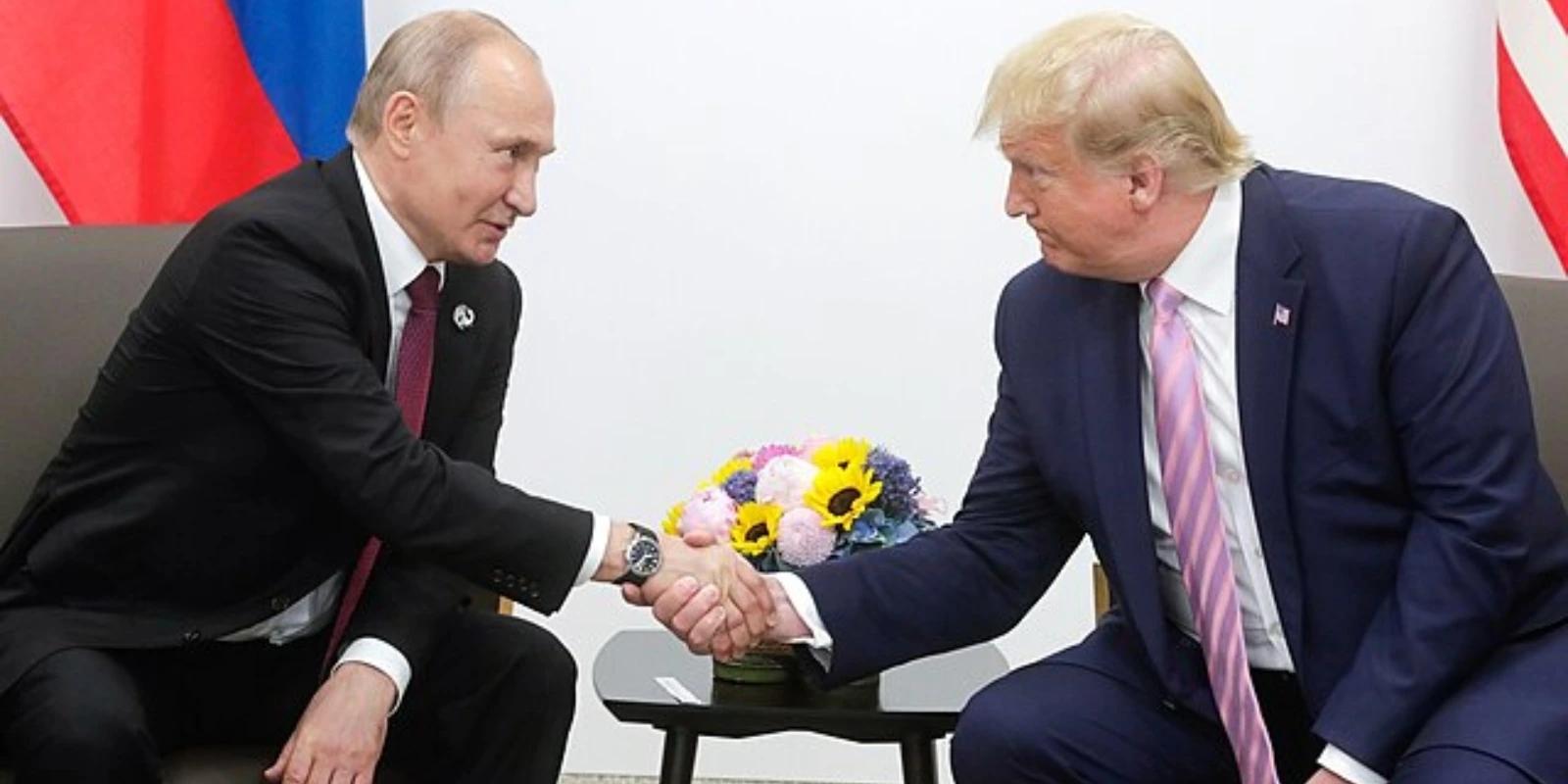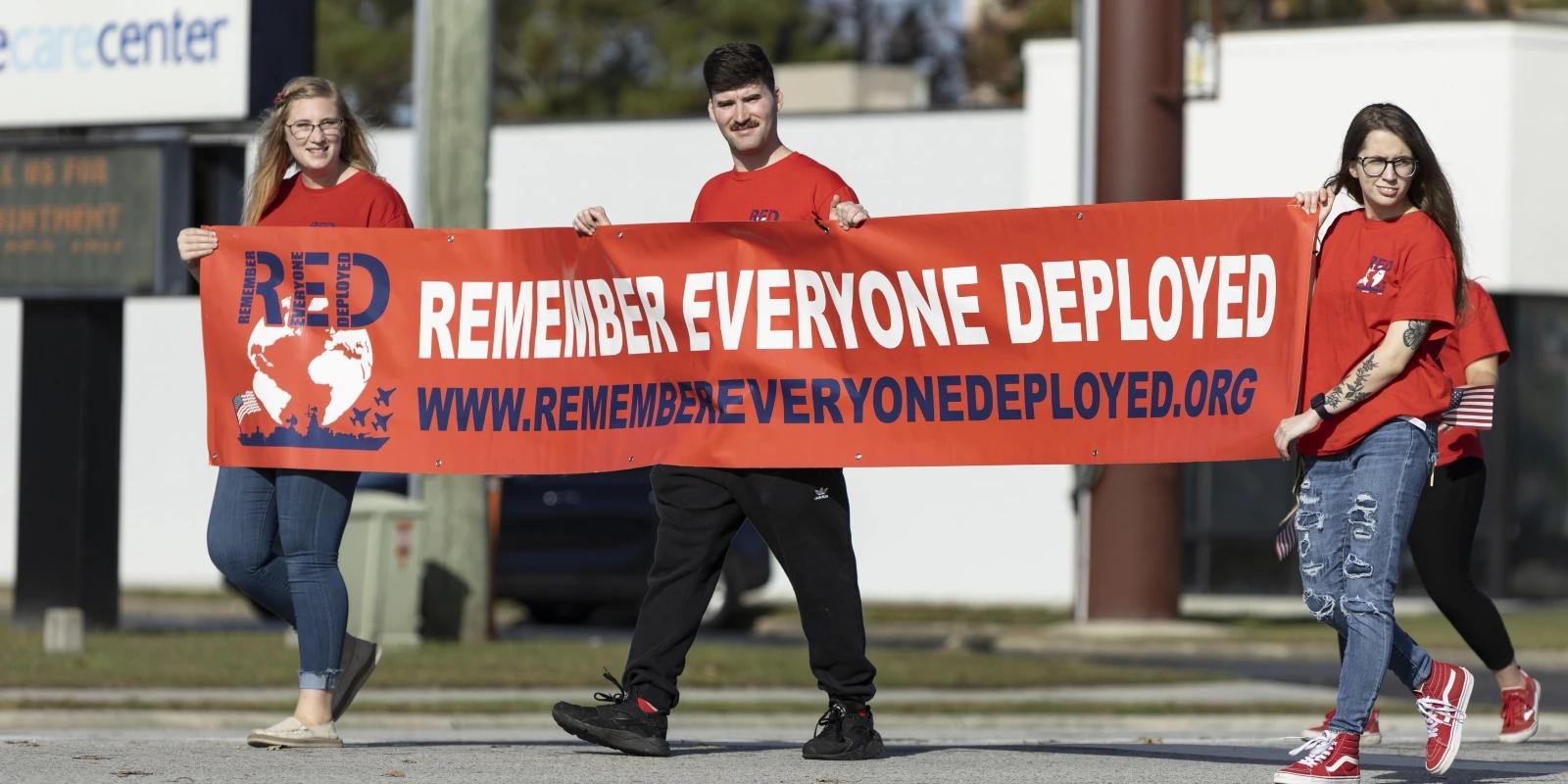In the last several decades, the U.S. military has quietly relied on games of chance — chiefly slot machines and similar “recreation” gaming — at many overseas installations to generate cash for Morale, Welfare and Recreation (MWR) programs.
The Pentagon and service MWR offices point to those proceeds as a way to pay for gyms, family programs, sports leagues, and other quality‑of‑life services. But independent reporting, government studies, and public‑health research show a more complicated picture: the money is real, the revenue stream is significant, and the human costs — particularly for young, lower‑rank service members and deployed families — can be severe.
How Big Is This Operation — and Who Says It Exists?
Multiple investigations and reporting projects have documented thousands of U.S. military‑run slot machines on overseas installations (primarily in places such as Germany, Japan, and South Korea) and annual gaming revenues in the tens of millions to over $100 million range, with a substantial portion reported as net proceeds that flow into MWR non‑appropriated funds.
The Defense Department’s slot and gaming activity is commonly tied to programs like the Army Recreation Machine Program (ARMP).
Why the Military Runs Gaming on Base
The official justification given by MWR offices and some Pentagon spokespeople is that on‑base gaming:
- Keeps service members on base (rather than off‑base in foreign casinos), and therefore safer.
- Generates non‑appropriated revenue that can be used to support MWR services (gyms, child care subsidies, and recreational programming) without taking money from the regular DoD budget.
Legally and administratively, most of the proceeds from approved on‑base gaming are held in non‑appropriated funds and used for MWR mission support rather than being general treasury dollars. Army and service MWR policies and regulations set out how non‑appropriated fund activities are to be administered.
Who Actually Profits?
1) Net proceeds to MWR/non‑appropriated funds.
Reporting shows the Department of Defense and service MWR accounts receive net proceeds from the military‑run machines; those funds are then budgeted to MWR activities. That means the institutional beneficiary is the MWR system on paper.
2) Vendors and contractors.
The machines themselves, coin‑handling, maintenance, and technology are typically supplied/serviced by private vendors (manufacturers and concessionaires) under contract; those contracts generate vendor revenue and fees for operators.
Independent reporting has highlighted that private companies supply and service machines, while the installations collect the proceeds.
3) No direct private ownership of the “proceeds.”
The money reported as benefiting MWR is not distributed to private owners as profit the way a commercial casino would distribute profits to shareholders — instead it is applied to non‑appropriated MWR budgets — but that does not eliminate private vendors’ commercial profits from supplying the machines and services.
The Real Impact on Servicemembers
Research and public‑health analyses point to elevated vulnerability to gambling harms among military populations — particularly younger, junior enlisted personnel — for reasons that include age, demographic risk profile, stress, isolation, and culture.
Key Findings:
1) Higher prevalence of a gambling problem.
Studies have found that service members have higher rates of gambling problems compared with civilian populations. Younger men (the demographic most common in junior enlisted ranks) show higher risk. Frequent exposure to on‑base gaming increases opportunity and exposure.
2) Risk factors concentrated in junior enlisted ranks.
Junior enlisted service members are more likely to be young (18–29), male, economically vulnerable (lower pay grade), and to experience stressors (deployments, separation, boredom) that correlate with higher rates of impulsive and risk‑taking behaviors — all known risk factors for developing harmful gambling behaviors.
The availability of machines on base effectively lowers the threshold to gamble for an 18‑ or 19‑year‑old service member who cannot legally enter U.S. casinos but can access on‑base devices overseas.
3) Financial and readiness consequences.
Problem gambling among service members has been linked to financial strain, relationship breakdowns, mental‑health deterioration and compromised unit readiness.
Because gambling losses are a private expense, they can quickly erode modest junior enlisted pay, creating cascading effects (missed bills, debt, stress) that affect families and retention.
How Deployed Military Families Are Affected
Spouses and families face spillover harm. When a spouse or service member develops gambling problems, household finances can suffer dramatically.
Deployed families often depend on the deployed service member’s steadiness and any additional MWR support; gambling losses reduce family savings and emergency buffers. Reports and advocacy groups warn that family stress and domestic financial instability increase when gambling is present.
Access and isolation worsen risk. Deployment can magnify loneliness and boredom, and limited recreational outlets may push some toward gambling if slot machines or gaming are promoted as easy entertainment on base.
Limited awareness, screening, and treatment for gambling disorders in some military health systems has meant families often receive little institutional help until problems are severe.
Prevention and Screening Policy
Legislative action has developed out of growing concerns. Lawmakers, Veterans’ advocates, and mental‑health groups have raised alarms: proposals have been introduced to ban slot machines on bases, and Congress in recent years has required improved screening and data collection about gambling in service member health assessments. That legislation and hearings reflect the increased scrutiny on whether the revenue tradeoff is worth the social cost.
While gaming proceeds support MWR programs broadly, reporting and advocates note a disparity: only a small portion of net proceeds (relative to the total revenue) has typically funded gambling‑specific prevention, education and treatment for affected troops and families.
Many experts argue that prevention and treatment funding should be commensurate with the scale of harm.
Is MWR “Helping” or “Harming”?
MWR funding derived from gaming does fund valuable programs that troops and families use — but that institutional benefit does not erase or even fully account for the individual harms that can arise when vulnerable service members (especially junior enlisted) access easy, marketed opportunities to gamble.
Independent journalism and public‑health research suggest the balance of harms vs. benefits is contested and that current oversight, screening and treatment are insufficient given the documented rates of problem gambling.
What Researchers, Advocates, and Some Lawmakers Recommend
- Eliminate or tightly restrict on‑base slot machines (some members of Congress have proposed bans).
- Increase mandatory screening for gambling disorder in military health checks (a GAO/NDAA direction has moved the services toward more screening).
- Dedicate a clear, substantial share of any gaming proceeds to prevention, research and treatment for service members and families, and fund independent public‑health research so policy can be evidence‑based.
When Morale Has a Price Tag, It’s the Junior Ranks Who Pay It
Slot machines on U.S. military bases may help keep gyms open and sports leagues running, but the profits come from the pockets of those least able to afford the losses — often young, junior enlisted troops far from home.
For some, the cost isn’t just financial; it’s a debt that ripples through families, readiness, and futures.
Until prevention, oversight, and accountability match the scale of the revenue, the MWR’s bet on gambling will keep paying out in ways no morale program can justify.
Resources and Support
If a service member or family member is struggling with gambling harm, resources include:
- The National Council on Problem Gambling (NCPG) and state problem‑gambling helplines. (NCPG maintains resources and referral information.)
- Military behavioral‑health and family support offices — many now screen for gambling issues and can refer to counseling and financial counseling. Check local MWR and military treatment facility resources.
Suggested reads:




